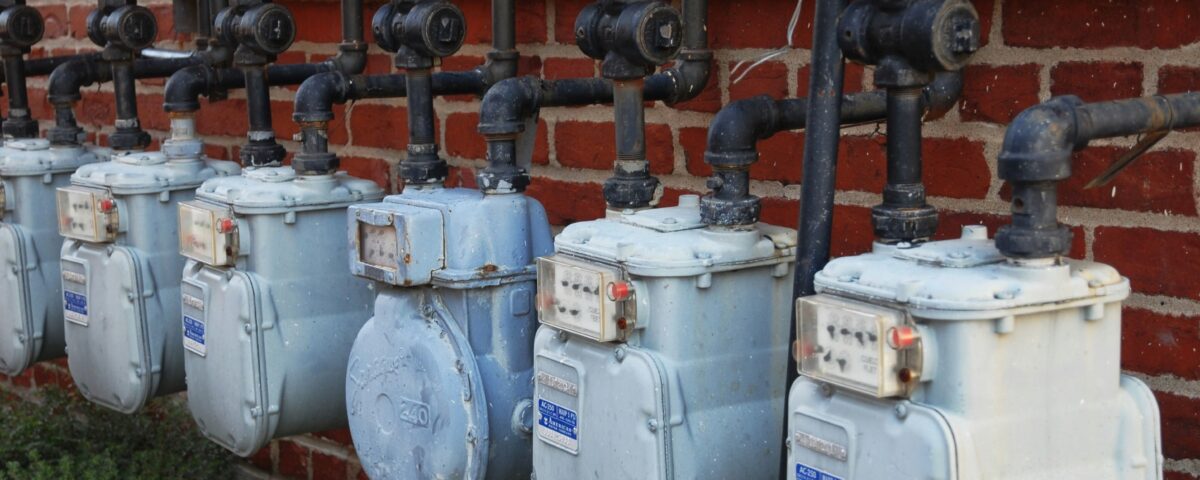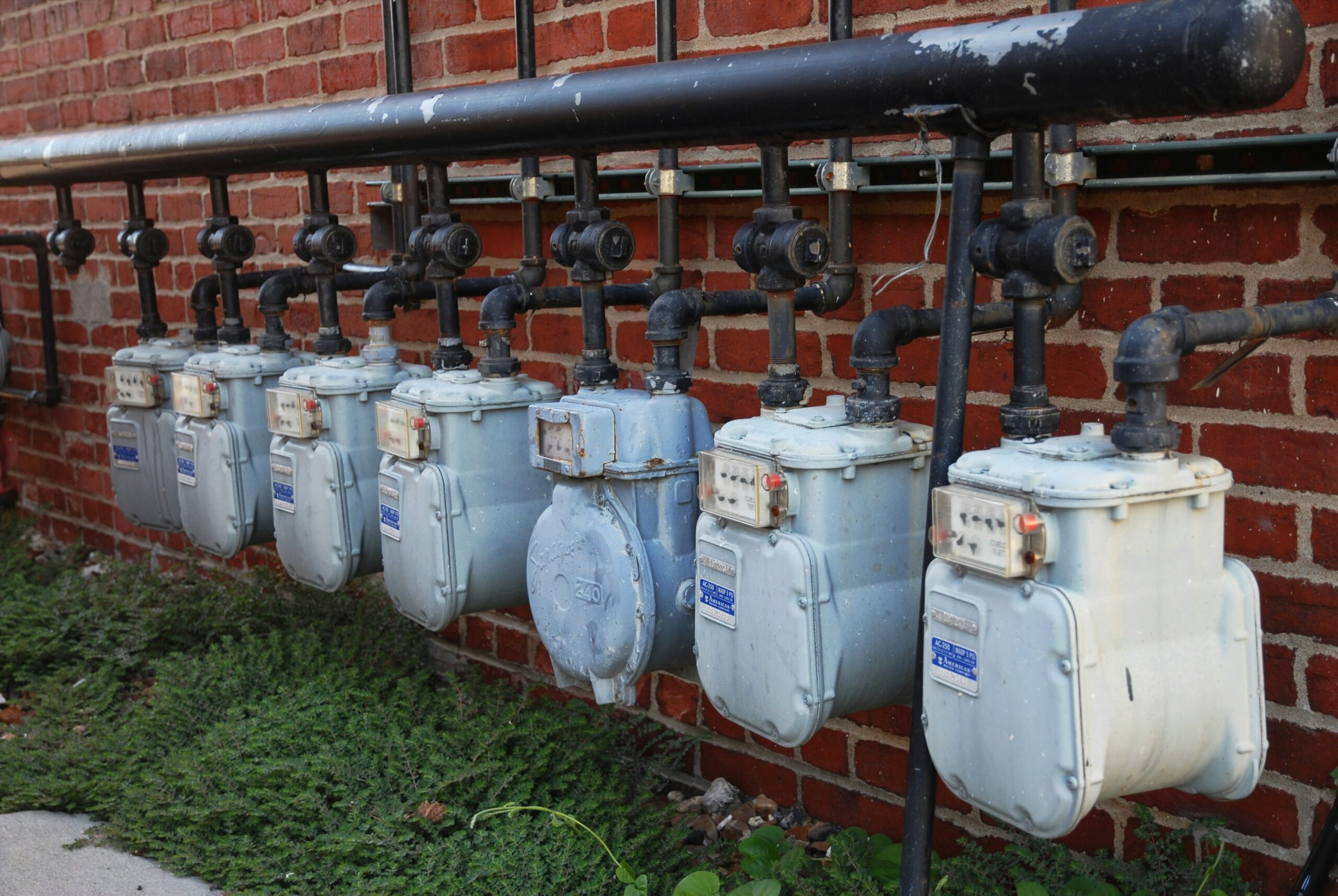New Report Highlights Potential for RNG to Displace Natural Gas Demand

A recent report by Deloitte highlights the potential of renewable natural gas (RNG) derived from waste to reduce U.S. fossil fuel demand significantly. It suggests that RNG produced from waste could displace approximately 4.4% of the current total U.S. fossil fuel demand, with even greater impact in specific sectors like core gas customer demand and the chemical subsector.The report emphasizes the importance of strategic partnerships between public gas utilities and waste facilities in driving RNG production. Currently, much of the methane emissions from landfills and wastewater treatment plants remain uncaptured and unutilized. However, the report identifies opportunities for municipal waste facilities to produce RNG, particularly through anaerobic digestion processes. While only a small fraction of municipal landfills and wastewater treatment plants are currently making RNG, favorable federal tax credits expiring in 2024 present a timely opportunity for investment in RNG production.Case studies, such as New York City’s initiative to replace a significant portion of fossil gas with RNG derived from wastewater biogas co-digested with food waste, demonstrate the feasibility and potential impact of RNG production from waste. The report also highlights the role of new technologies, such as co-digestion, in enhancing RNG production and meeting climate goals.
Read more!





